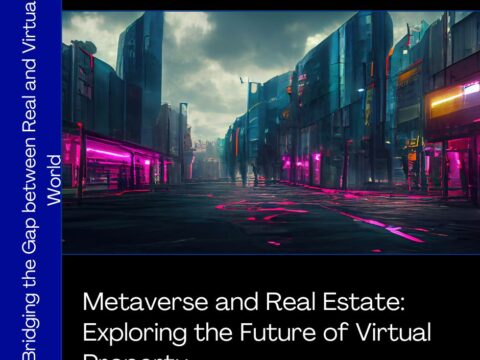In the burgeoning realm of the Metaverse, the intersection of technology and social justice is reshaping the landscape of virtual spaces. This exploration delves into how the Metaverse has become a powerful catalyst for promoting inclusivity and equality, transcending physical boundaries and paving the way for a more diverse and equitable digital future.
Embracing Diversity in the Metaverse:
The Metaverse is emerging as a canvas where diversity is celebrated and amplified. Here’s how it promotes inclusivity:
- Avatar Customization and Representation:
- In the Metaverse, users have the freedom to create avatars that authentically represent their identities.
- Customization options go beyond traditional notions, allowing users to express diverse aspects of their identity, including gender, race, and cultural affiliations.
- Accessible Virtual Environments:
- Metaverse platforms are designed to be accessible to users with varying abilities.
- Features like customizable interfaces, voice commands, and haptic feedback ensure that individuals with different needs can engage seamlessly in virtual spaces.
- Global Collaboration and Connection:
- The Metaverse facilitates global collaboration, breaking down geographical barriers.
- Users from diverse backgrounds can collaborate on projects, attend events, and engage in social interactions, fostering a sense of global community and unity.
Addressing Social Issues through Virtual Activism:
The Metaverse becomes a hub for addressing real-world social issues, promoting activism and awareness:
- Virtual Protests and Awareness Campaigns:
- Activists leverage the Metaverse to organize virtual protests, raising awareness about social justice issues.
- These campaigns transcend physical limitations, allowing individuals from around the world to participate and show solidarity.
- Educational Initiatives on Social Justice:
- Virtual spaces host educational initiatives, offering workshops and seminars on social justice topics.
- Users can engage in immersive learning experiences, gaining insights into various social issues and contributing to a more informed and empathetic global community.
Challenges and Opportunities:
While the Metaverse holds immense potential for fostering social justice, it also presents challenges that must be addressed:
- Digital Divide:
- Access to the Metaverse is not uniform, potentially exacerbating existing digital divides.
- Efforts are needed to ensure equitable access to virtual spaces, particularly in regions or communities with limited technological infrastructure.
- Inclusivity in Platform Governance:
- Platform governance in the Metaverse must prioritize inclusivity and representation.
- Policies should be crafted to prevent discrimination and ensure that the virtual environment reflects the diversity of the user base.
Conclusion:
As the Metaverse continues to evolve, its role in promoting social justice becomes increasingly significant. By providing a platform for diverse representation, fostering global collaboration, and serving as a catalyst for virtual activism, the Metaverse has the potential to contribute to a more inclusive and equitable digital society. As we navigate the opportunities and challenges that arise, thoughtful and inclusive design principles will be crucial in shaping a Metaverse that reflects the values of social justice and equality.




